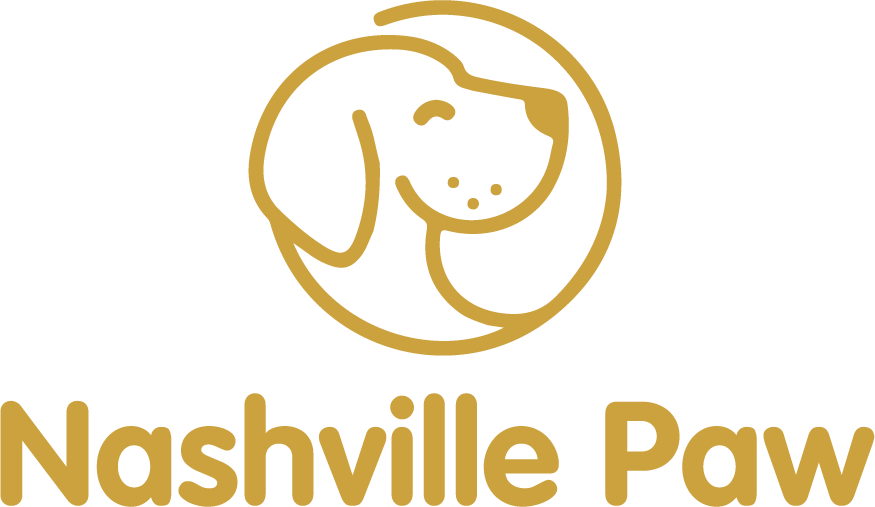You would like to enhance your dog’s food with diversity and nutrients.
What could be better than adding chickpeas to their menu? But not sure if your dog should eat them?
We appreciate your concern.
Can dogs eat chickpeas?
Yes, dogs can consume chickpeas. Like many other meals, chickpeas should be consumed in moderation by your dog, but there are some restrictions to eating these legumes. Chickpeas, as a tiny component of your dog’s diet, are one of several suitable beans for dogs. They are also used as a fiber element in some dog meals.
That was just a quick review. Keep reading to learn more details about it!
What are Chickpeas?
Chickpeas are often found in hummus, but they may also be found in salads, soups, and stews.
Chickpeas, also known as garbanzo beans, have European and Middle Eastern origins but are seen on tables worldwide today.
Chickpeas are modest in size, yet they carry many calories. Chickpeas are high in the following nutrients, in addition to carbs and protein, chickpeas are jam-packed with micro-nutrients like K-vitamin, Folate, Potassium, Phosphorus, Zinc, Copper Vitamin B6, and many more.
Feeding human food to pets is not usually encouraged, but a tiny quantity of chickpeas given to your dog’s diet might provide some health advantages.
What are the Advantages of Chickpeas for Dogs?
Chickpeas are high in protein, fiber, vitamins, and minerals and appear beneficial for various health conditions.
Check out these common canine ailments that chickpeas may be able to treat:
Diabetes
Simple carbohydrates should be avoided if your dog has diabetes. Instead, consider including Chickpeas in their diet.
Chickpeas include complex carbohydrates that help to avoid blood glucose spikes and drops.
A quick increase in blood glucose levels allows dogs to become lively and playful, while a reduction in blood glucose levels makes them feel fatigued or sad, which is not ideal.
Dogs who consume Chickpeas in moderation will have and keep energy for several hours. This is because complex carbohydrates, as opposed to simple carbohydrates, provide energy slowly.
Obesity in dogs
Including chickpeas in your furry pal’s diet can be advantageous. This is particularly true if your dog is overweight.
Chickpeas, as previously said, are high in fiber, and foods high in fiber will keep your dog feeling full for a long time after a meal.
This is one method for getting your puppies back on the right track with weight control and preventing canine obesity.
If you feed your puppies, they will not bark at you every 20 minutes.
Unexpectedly, chickpeas are found in commercial dog food.
High blood pressure and heart problems
Chickpeas, which are high in potassium and low in sodium, can aid in dilating blood arteries in dogs.
The combination of high potassium and low sodium promotes heart health and aids in blood pressure reduction.
Chickpeas, which are substantial in fiber, can help decrease cholesterol levels in your dog’s blood if he or she has high blood pressure.
Cancer
Chickpeas will not find a cure for cancer in dogs, they are rich in many nutrients which can help prevent it. But how is it?
Firstly, chickpeas provide selenium, which aids liver function by detoxifying cancer-causing chemicals and disrupting tumor growth.
Secondly, the polyphenols and iron in chickpeas can help inhibit cancer cell development and proliferation.
Lastly, the Vitamin C present in chickpeas aids in the battle against oxidative stress, protecting cells from harm.
Constipation and problems with the anal glands
Chickpeas have high fiber content, making them ideal for dogs suffering from constipation or anal gland problems.
Chickpea fiber aids in constipation prevention by supporting healthy and smooth bowel motions.
If your dogs have anal gland problems, parents should provide fiber in their pets’ diets. A nutritious diet helps encourage well-formed feces, which can help with anal gland activation.
Chronic Inflammation
Chickpeas, which contain choline, can aid if you have a senior dog suffering from discomfort, such as arthritis. Choline can help your arthritic dog feel better by:
- Assisting with nerve impulse transmission
- Aiding in the absorption of fat
- Reducing long-term inflammation
- Keeping the cell membrane’s structure intact
Although chickpeas can bring several health benefits to our furry friends, are there any instances where chickpeas are harmful to dogs? Let’s talk about it!
Are Chickpeas Harmful to Dogs?
If dogs consume too many chickpeas, they might become ill. Because chickpeas are high in fiber, consuming too many might cause your dog to have a pup-set stomach, as well as increased gas, loose feces, and perhaps diarrhea.
If your dog consumes a lot of beans and becomes very gassy, he or she may get bloated, which is a veterinarian emergency.
If you feel your dog is bloated, immediately take him to the doctor.
On the other hand, chickpeas have nothing fundamentally negative about them and aren’t poisonous, so they’re deemed paw-perfectly safe for your canine to consume as long as they’re cooked, plain, and served in moderation.
Recipe for Chickpeas Dog Food
You may create your chickpeas for your dog instead of using canned chickpeas. The recipe for healthy and tasty chickpea dog chow is really easy.
You may take 1 pound. Ground turkey, 1 tablespoon oil, 1 cup beans, 6 cups water, 1 cup rice, 1 cup frozen carrots, and 2 cups chickpeas.
The instructions are straightforward. Brown the turkey in a frying pan coated with oil. Sauté the turkey when it is no longer pink.
In a medium-sized saucepan, bring the water and turkey to a boil. After that, reduce the heat to low and cook for 30 minutes with the beans, chickpeas, and rice. Also, wait for the turkey to soften. Finally, add cabbage for a delicious and nutritious flavor.
FAQs
Do chickpeas cause DCM in dogs?
Chickpeas have been one of the legumes designated by the Food and Drug Administration (FDA) as a component in dog food that might be associated with recorded incidents of dog-dilated cardiomyopathy.

